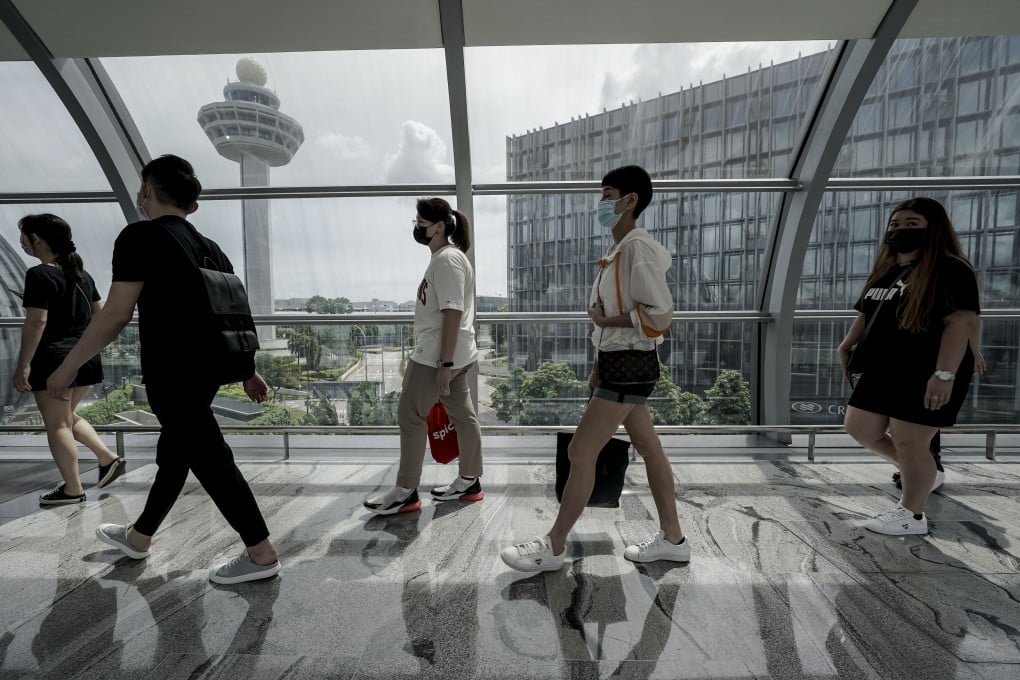Advertisement
Coronavirus latest: Singapore bans some travellers from UK, tightens restrictions for New South Wales
- Long-term pass holders and short-term visitors with travel history to the UK cannot enter or transit through Singapore; citizens and PRs must quarantine
- Elsewhere, Malaysia procured 6.4 million AstraZeneca vaccine doses and Thailand confirmed 427 new coronavirus infections
Reading Time:4 minutes
Why you can trust SCMP
1

Singapore’s health ministry on Tuesday said it would be tightening border restrictions for travellers entering from the UK and Australia’s New South Wales.
From Wednesday, all long-term pass holders and short-term visitors with recent travel history to the UK within the last 14 days will not be allowed to enter into or transit through Singapore. This also applies to those who obtained prior entry approval.
Singapore citizens and permanent residents who have been in the UK in the previous two weeks will have to serve a 14-day quarantine at dedicated facilities.
Advertisement
“There have been recent reports of a potentially more contagious strain of the
Covid-19 virus circulating in the UK … To reduce the risk of spread to Singapore, we are putting in
Advertisement
place new border restrictions for travellers from UK for further precaution,” the ministry said.
Advertisement
Select Voice
Choose your listening speed
Get through articles 2x faster
1.25x
250 WPM
Slow
Average
Fast
1.25x